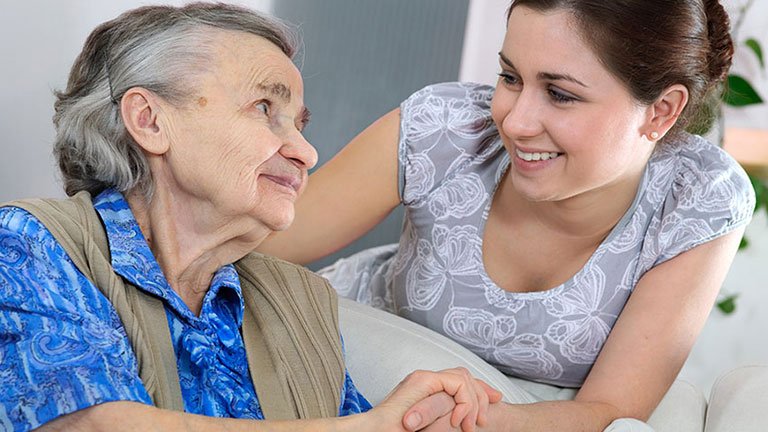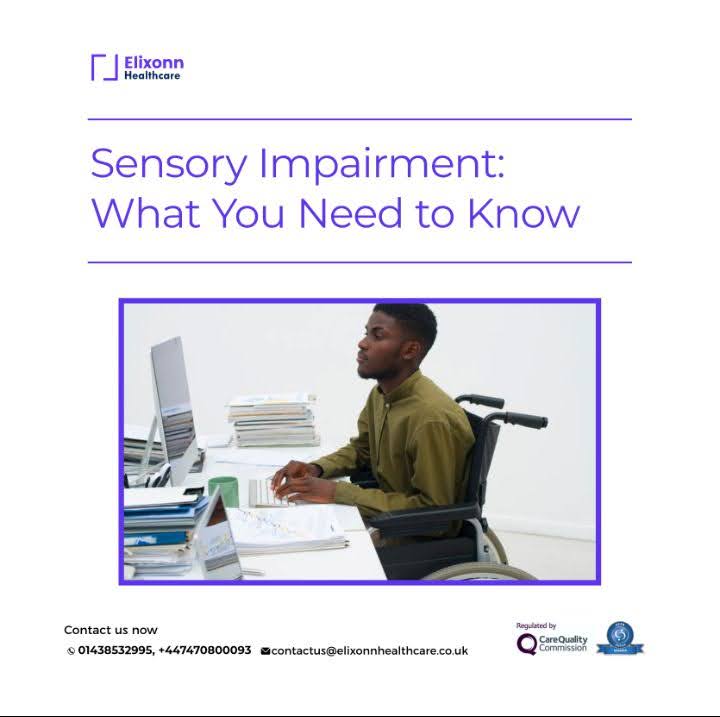Caregiving has undergone significant changes in recent years due to modern trends in healthcare, technology, and cultural shifts. Modern caregiving involves providing care to people of all ages, from infants to the elderly, with a focus on improving their quality of life, promoting independence, and meeting their unique needs. In this piece, we will explore the modern trends in caregiving and how they are transforming the way we care for our loved ones.
A shift towards person-centred care
One of the most significant trends in modern caregiving is the shift towards person-centred care. This approach focuses on the needs and preferences of the person receiving care, rather than just their medical condition. Person-centred care recognizes that every individual is unique and requires personalized attention and care. This approach involves engaging the individual in the decision-making process and treating them as an active participant in their care. The goal of person-centred care is to enhance the person’s quality of life and promote their independence and autonomy.
The use of technology to improve quality of care
Another trend in modern caregiving is the use of technology to improve the quality of care. Advancements in technology have made it easier to monitor and manage the health and well-being of individuals. For example, telehealth allows caregivers to remotely monitor the health of their loved ones, reducing the need for frequent doctor’s visits. Wearable technology, such as smartwatches and fitness trackers, can provide real-time data on an individual’s vital signs, activity level, and sleep patterns. This information can help caregivers identify potential health issues and adjust their care plan accordingly.
In addition to technology, modern caregiving also emphasises collaboration and coordination among healthcare providers. Caregivers often work with a team of doctors, nurses, social workers, and other healthcare professionals to provide comprehensive care to their loved ones. This team-based approach allows for better communication, improved decision-making, and a more holistic approach to care.
Specialized care to the elderly
The ageing population is another factor that has influenced modern trends in caregiving. As the baby boomer generation ages, there is a growing demand for caregivers who can provide specialized care to seniors. Caregivers who work with seniors must be trained to address the unique challenges associated with ageing, such as dementia, mobility issues, and chronic health conditions. They must also be able to provide emotional support and companionship to seniors who may be isolated or lonely.
Cultural shifts
Cultural shifts have also influenced modern trends in caregiving. In recent years, there has been a growing recognition of the importance of diversity and inclusion in caregiving. Caregivers must be able to provide culturally sensitive care that is respectful of an individual’s values, beliefs, and traditions. They must also be able to communicate effectively with individuals who speak different languages or come from different cultural backgrounds.
Covid-19 pandemic challenges
The COVID-19 pandemic has also had a significant impact on modern trends in caregiving. The pandemic has highlighted the importance of infection control and the need for caregivers to take extra precautions to protect their loved ones from the virus. The pandemic has also led to an increased reliance on telehealth and other remote care technologies, as people have been forced to stay home and avoid in-person visits with healthcare providers.
The shortage of qualified caregivers
In addition to these trends, there are also a number of challenges associated with modern caregiving. One of the biggest challenges is the shortage of qualified caregivers. As the demand for caregiving services continues to grow, there is a need for more trained professionals who can provide high-quality care. This shortage has led to higher costs for caregiving services and increased pressure on family caregivers who may not have the necessary skills or resources to provide adequate care.
The emotional toll on caregivers
Another challenge associated with modern caregiving is the emotional toll it can take on caregivers. Caregiving can be a stressful and emotionally draining experience, particularly for family caregivers who may be juggling multiple responsibilities. Caregivers must be able to take care of their own physical and emotional well-being in order to provide the best possible care for their loved ones. This includes taking time for self-care, seeking support from others, and learning to manage stress and other emotional challenges associated with caregiving.
The cost of caregiving
The cost of caregiving is also a significant challenge for many families. Caregiving can be expensive, particularly for those who require specialized care or 24-hour assistance. The cost of caregiving can be a burden on families, particularly those who are already struggling to make ends meet. There is a need for more affordable and accessible caregiving services that can meet the needs of all individuals, regardless of their financial situation.
Conclusion
In conclusion, modern trends in caregiving have transformed the way we care for our loved ones. Person-centred care, the use of technology, collaboration among healthcare providers, and the recognition of diversity and inclusion have all contributed to a more holistic and comprehensive approach to caregiving.
However, there are also challenges associated with modern caregiving, including a shortage of qualified caregivers, the emotional toll on caregivers, and the cost of caregiving. As we continue to navigate these challenges, it is important to prioritize the needs and preferences of individuals receiving care and to ensure that caregivers have the support they need to provide high-quality care.




